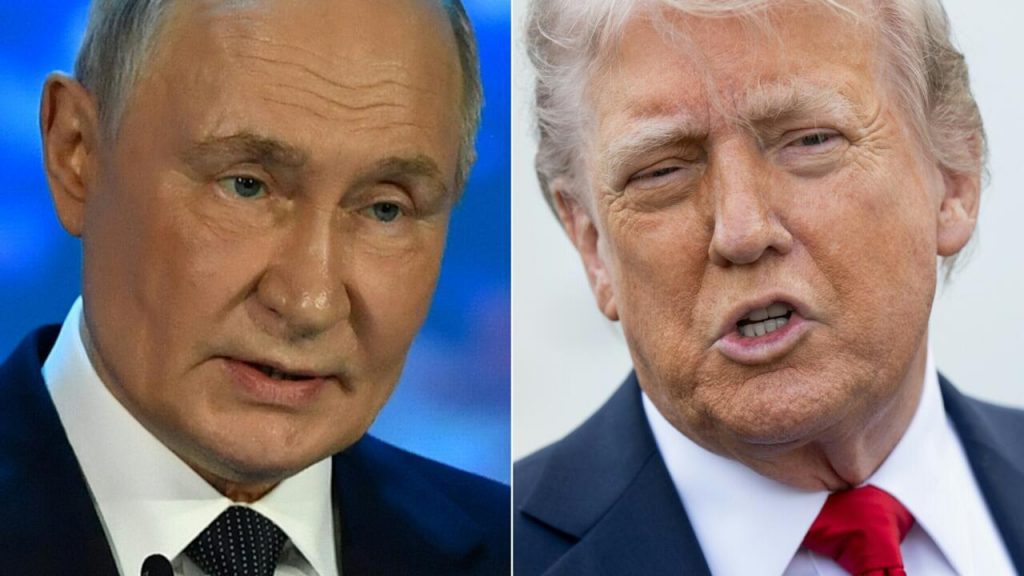
Trump and Putin Discuss Ukraine Ceasefire Amidst Ongoing Conflict
On May 19, 2025, U.S. President Donald Trump engaged in a pivotal phone call with Russian President Vladimir Putin, aiming to negotiate a ceasefire in the ongoing Russia-Ukraine war. This dialogue follows a series of prior discussions, including a significant March 18 call where both leaders agreed to a 30-day pause on attacks targeting energy infrastructure. However, the recent escalation of hostilities has cast doubt on the prospects for lasting peace.AP News+1The Times+1CNN+4Al Jazeera+4CNN+4
🕊️ Ceasefire Efforts and Challenges
During the March 18 conversation, President Trump proposed a 30-day halt on strikes against energy infrastructure, which President Putin accepted, directing the Russian military to comply. In return, Ukrainian President Volodymyr Zelenskyy agreed to the temporary cessation of attacks on Russian energy sites. Despite this partial agreement, the broader conflict has persisted, with Russia launching its largest drone offensive to date, targeting multiple Ukrainian regions. These actions have led to civilian casualties and raised concerns about the effectiveness of the ceasefire.Al Jazeera+1CNN+1
Further complicating the situation, President Putin has stipulated that any comprehensive ceasefire is contingent upon a complete cessation of Western military and intelligence support to Ukraine. This demand has been met with resistance from Ukraine and its allies, who view such conditions as unacceptable. European leaders have expressed skepticism about Russia’s commitment to genuine peace negotiations, citing the ongoing military actions as evidence of a lack of sincerity. Hindustan TimesThe Washington Post
🌍 International Reactions and Diplomatic Dynamics
The international community has closely monitored these developments, with mixed reactions to the Trump-Putin dialogues. China has welcomed the discussions, labeling the ceasefire as a “necessary step towards peace.” In contrast, European nations, including the United Kingdom, France, Germany, and Italy, have urged caution, advising President Trump against making concessions to Russia without concrete commitments to peace. They have also warned of potential sanctions if Russia fails to engage in good faith negotiations. Anadolu AjansıThe Washington Post+1Financial Times+1Financial Times
Within the United States, the approach to the ceasefire has sparked debate. Some critics argue that President Trump’s favorable stance towards Russia may undermine Ukraine’s sovereignty and embolden Moscow. Others contend that direct engagement with President Putin is essential to de-escalate the conflict and achieve a sustainable resolution. AP News
🔭 Looking Ahead
As the situation continues to evolve, the effectiveness of the ceasefire remains uncertain. The international community is watching closely to see if the partial pause in hostilities can pave the way for a more comprehensive and lasting peace agreement. The coming weeks will be critical in determining the trajectory of the Russia-Ukraine war and the role of global diplomacy in resolving the crisis.
Leave a Reply